Footnotes:
1In chimpanzees, adult males are generally considered to be more social than females (for details, check out the references at the bottom of this footnote), however, we don’t know if this sex difference is present from birth or emerges at some point during development. As play is the most common social interaction among young chimpanzees, that is one type of behavior that we can focus on to examine sex differences. As I analyze my dissertation data I’ll be trying to answer questions like: are males more playful than females? Do they initiate play more often? Spend more time playing? If so, how early does this sex difference emerge and how do general patterns of playfulness change with age? Do males and females play differently? Do they use different play styles? Focus on different partners? Do they use different play styles in response to the partners that they choose? (1) Goodall, J. (1986). The chimpanzees of Gombe: Patterns of behavior. (2) Wrangham, R. W. (1980). An ecological model of female-bonded primate groups. Behaviour, 75(3), 262-300. (3) Wrangham, Richard W. "Why are male chimpanzees more gregarious than mothers? A scramble competition hypothesis." Primate males: causes and consequences of variation in group composition. Cambridge University Press, Cambridge (2000): 248-258. (4) Otali, E., & Gilchrist, J. S. (2006). Why chimpanzee (Pan troglodytes schweinfurthii) mothers are less gregarious than nonmothers and males: the infant safety hypothesis. Behavioral Ecology and Sociobiology, 59(4), 561-570. (5) Lehmann, J., & Boesch, C. (2009). Sociality of the dispersing sex: the nature of social bonds in West African female chimpanzees, Pan troglodytes. Animal Behaviour, 77(2), 377-387. |
Kris SabbiThis blog is a forum share my personal experiences as a field researcher and traveler. Categories
All
Blog Archives
June 2022
By Category
All
|
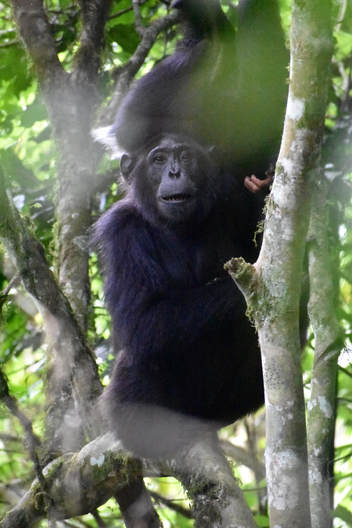
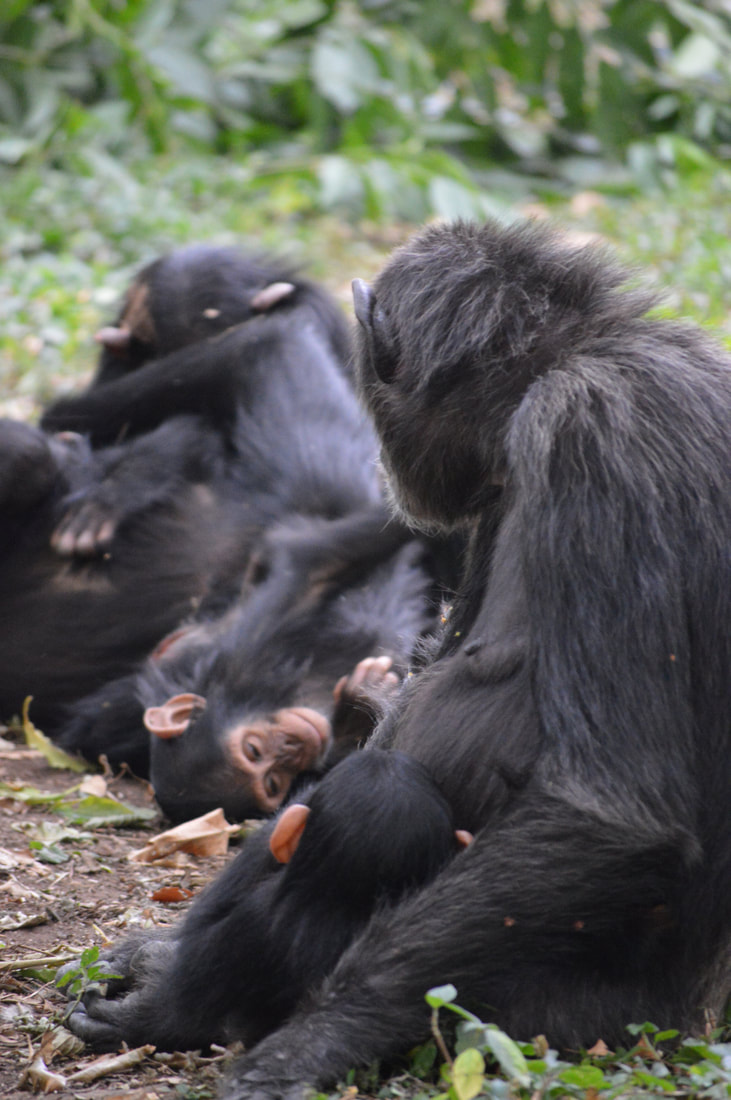
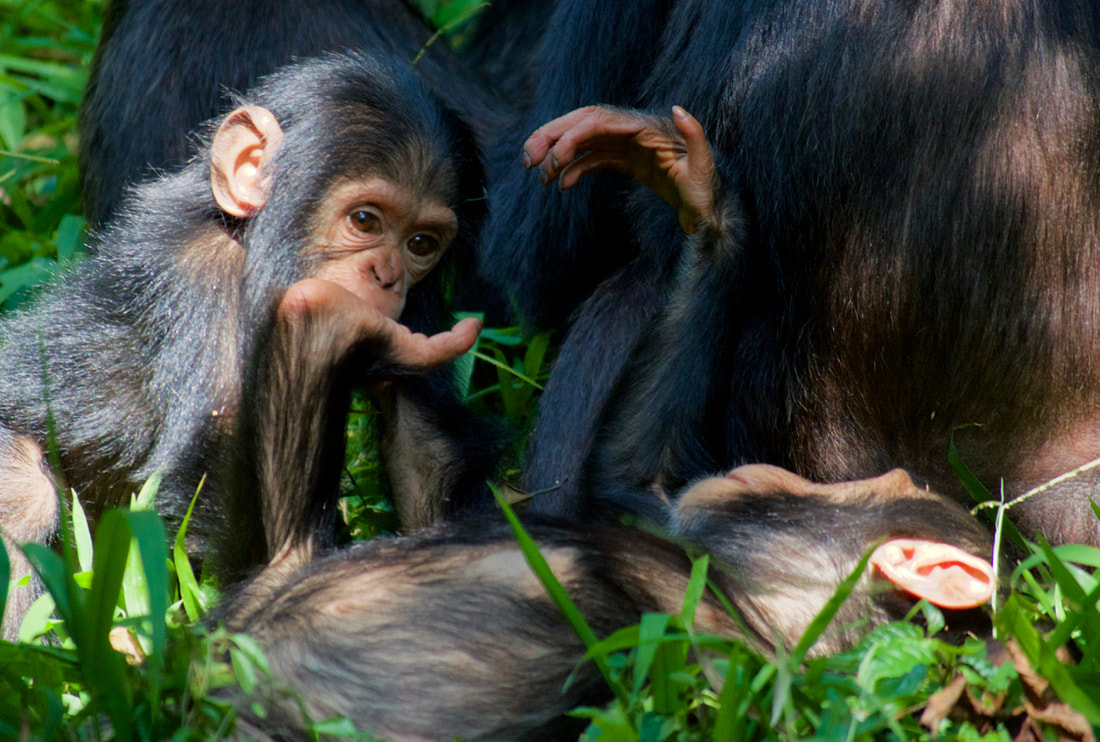
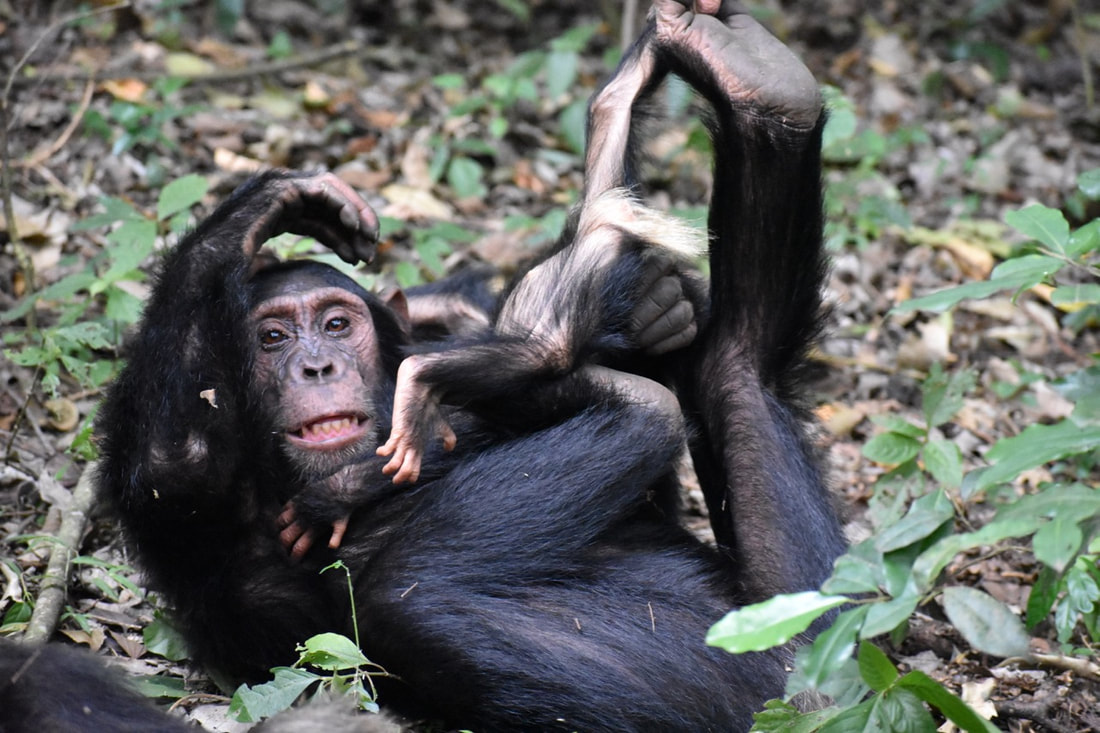
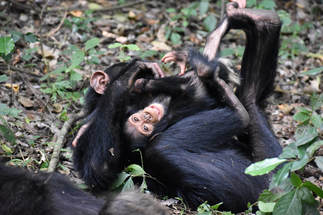
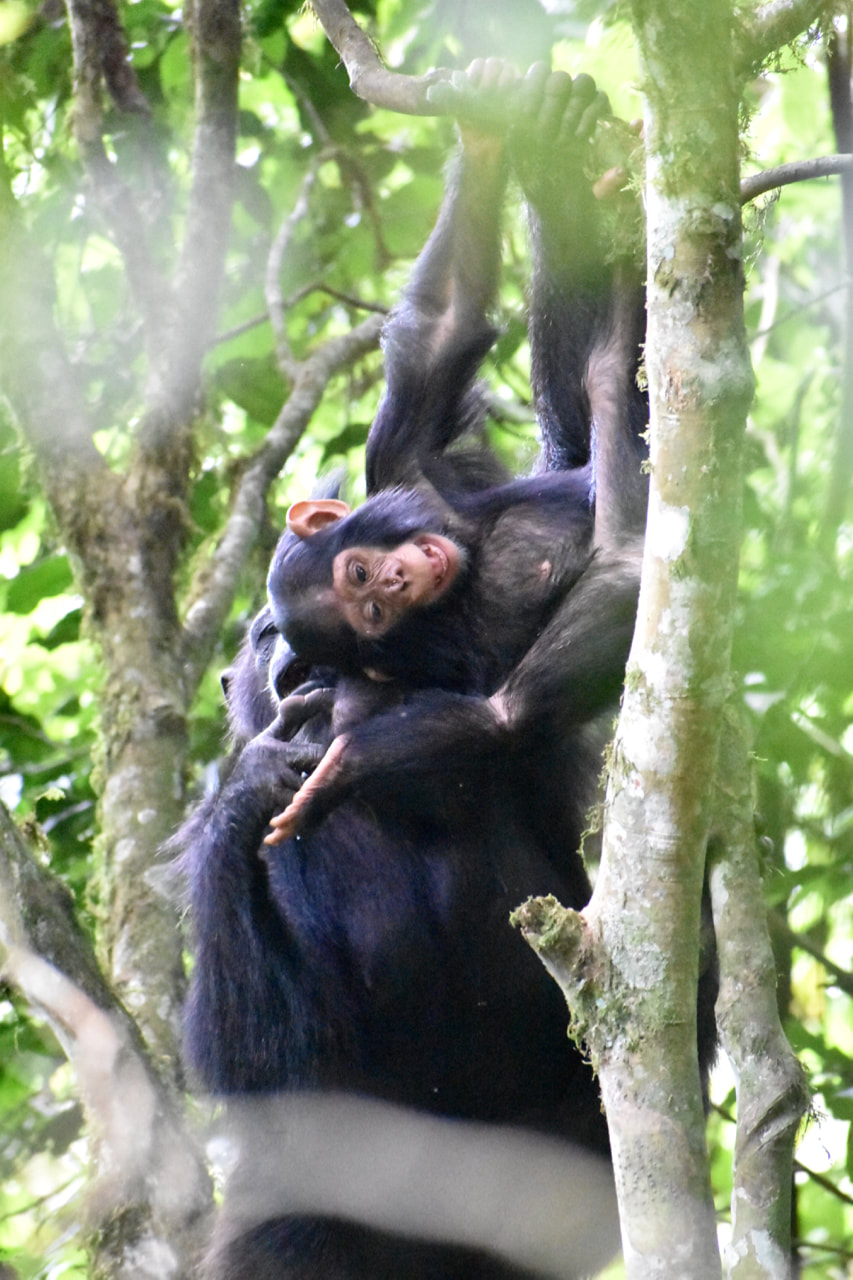
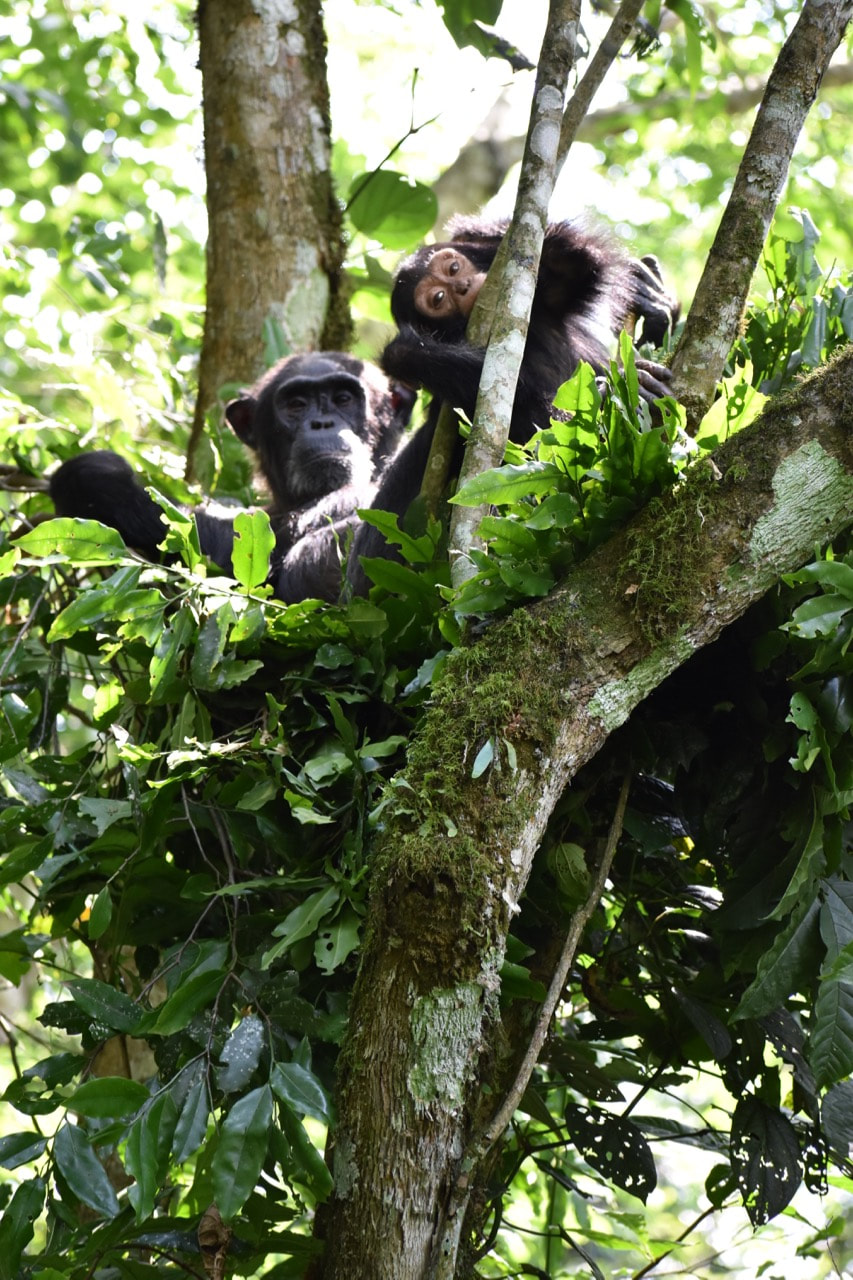
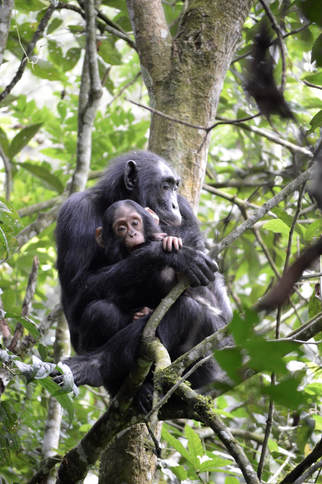
 RSS Feed
RSS Feed
